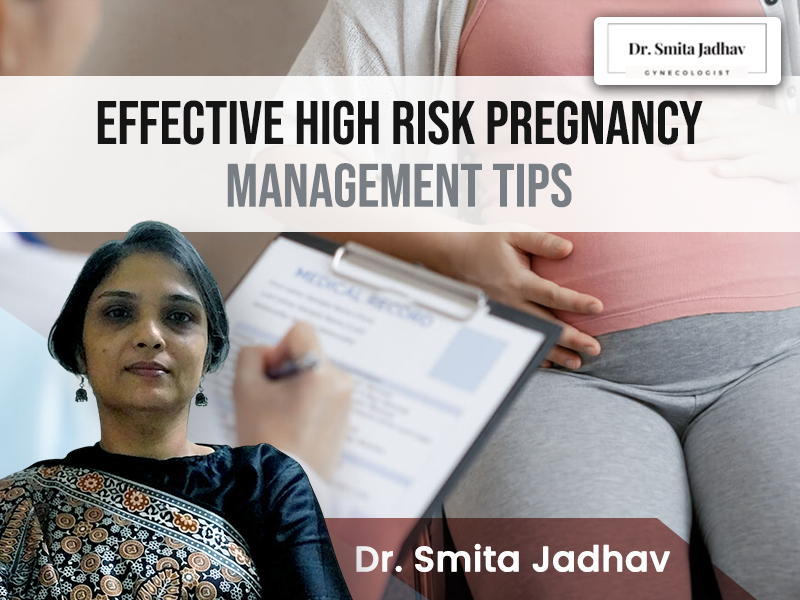Managing a high-risk pregnancy can feel overwhelming, but with the right care and approach, you can achieve a safe and healthy delivery. High-risk pregnancies require extra attention and specialized care to prevent complications. Here are some essential tips to effectively manage a high-risk pregnancy and ensure the best outcomes for both you and your baby.
1. Prioritize Regular Prenatal Care
Consistent prenatal care is vital for monitoring your health and your baby’s development. Regular doctor visits help detect potential complications early, allowing for timely medical intervention.
2. Follow Your Doctor’s Recommendations
Adhering to your doctor’s medical advice is essential in managing a high-risk pregnancy. This may include taking prescribed medications, undergoing additional tests, and managing pre-existing conditions. Following medical guidance closely can help reduce risks and improve pregnancy outcomes.
3. Monitor Blood Pressure and Blood Sugar Levels
Hypertension and gestational diabetes are common in high-risk pregnancies and can pose serious complications if left unmanaged. Regularly monitor your blood pressure and blood sugar levels to keep them within a healthy range. Your doctor may suggest lifestyle changes or medications to maintain these vital parameters.
4. Maintain a Healthy Lifestyle
A balanced diet and regular physical activity are crucial during a high-risk pregnancy. Focus on nutrient-rich foods, stay hydrated, and engage in gentle exercises like walking or prenatal yoga. Always consult your healthcare provider before starting any exercise routine to ensure it is safe for you and your baby.
5. Manage Stress Effectively
Chronic stress can adversely affect both the mother and the baby during pregnancy. Practice relaxation techniques like deep breathing, meditation, and prenatal yoga to manage stress. Adequate rest, positive social support, and professional counseling can also help maintain emotional well-being.
6. Be Aware of Warning Signs
Stay informed about the warning signs that may indicate complications in a high-risk pregnancy. Symptoms such as severe headaches, blurred vision, reduced fetal movements, or unusual pain should be reported to your healthcare provider immediately. Prompt action can prevent serious outcomes.
7. Consult a Specialist for High-Risk Pregnancy Care
If you are managing a high-risk pregnancy, seeking care from an experienced gynecologist is essential. Specialized care ensures close monitoring and the best medical support throughout your pregnancy.
Take Control of Your High-Risk Pregnancy Journey
Managing a high-risk pregnancy may be challenging, but with the right approach, you can improve your chances of a safe and successful delivery. If you require high-risk pregnancy treatment in Salt Lake, consult Dr. Smita Jadhav, a trusted gynecologist specializing in comprehensive prenatal care. With expert guidance and advanced medical care, you can navigate your pregnancy confidently and prioritize the health of both you and your baby.

